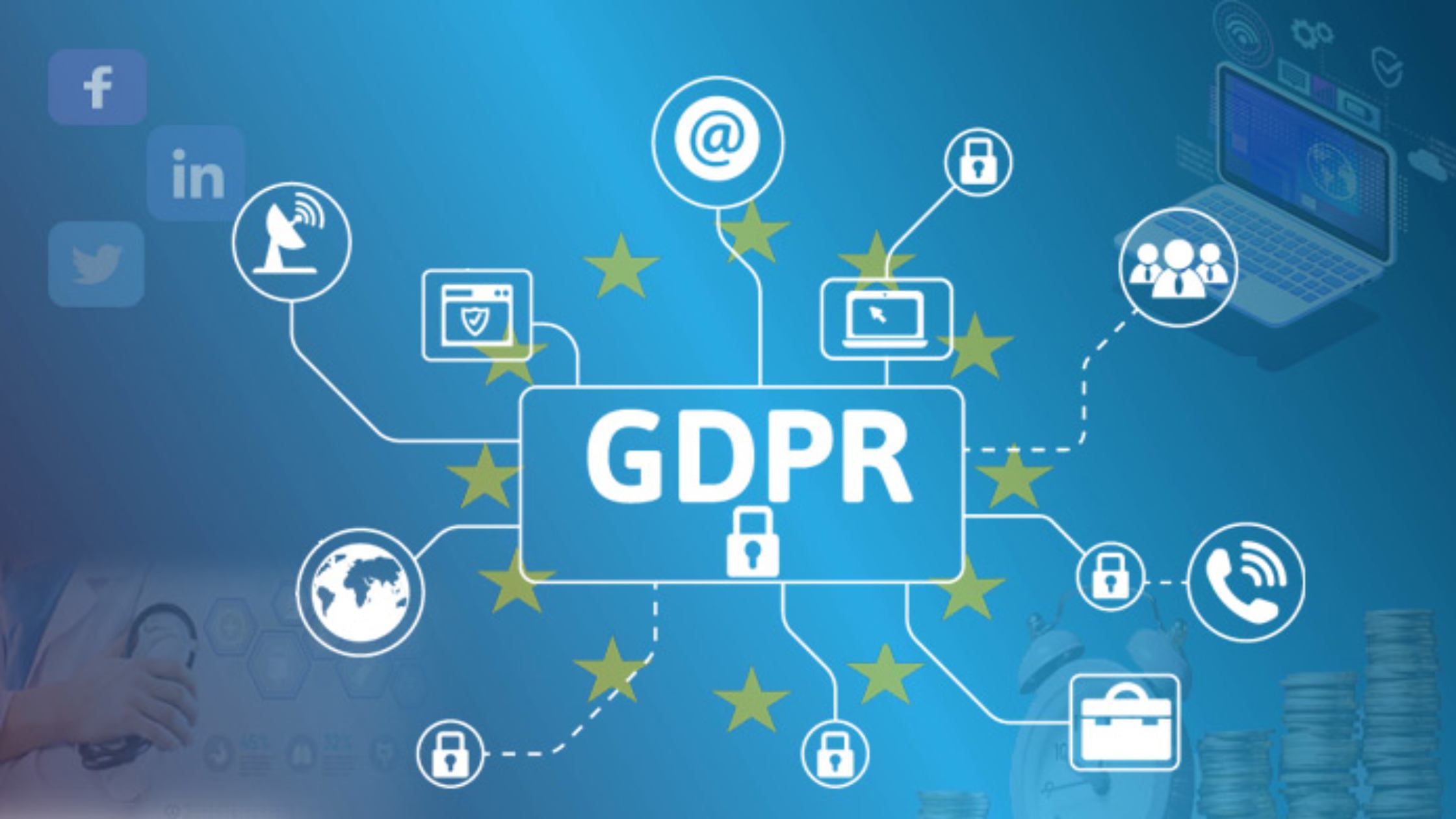Are you in compliance with GDPR compliance regulations If not, that’s okay it’s not easy as GDPR is a tangled and evolving law. It is all about data security. This includes providing customers with control over their personal information , and also ensuring secure retention of digital information. It doesn’t matter whether you are just starting to understand GDPR, or are looking to learn more about the rules for corporations across the world.

HIPAA and GDPR are two acronyms healthcare professionals and companies handling personal data must be familiar with. HIPAA (Health Insurance Portability and Accountability Act) is a US law that governs the disclosure and use of patient’s personal health information. The General Data Protection Regulation (GDR) is an EU regulation that affects all companies handling personal information of EU citizens. While each regulation may have its own objectives, they all share the same goal: to safeguard the privacy of personal information and security.
The reason HIPAA and GDPR compliance are important
HIPAA compliance and GDPR compliance are crucial due to a number of reasons. It safeguards sensitive information from unauthorised access, disclosure, or misuse. For example, healthcare providers handle sensitive medical information that could result in fraud or identity theft. GDPR applies to businesses handling personal information such as addresses, names, emails addresses, and any other information that could be used in fraud, identity theft, or scams.
Second complying with these rules is legally obligatory. HIPAA regulations apply to covered entities , such as health care providers, health plans and healthcare clearinghouses. HIPAA violations could result in civil penalties and criminal charges and damage to the reputation of health providers. All businesses that process personal data of EU residents are bound by GDPR, regardless of where they are located. Non-compliance could result in heavy fines or legal actions.
By observing these regulations, you can build trust with customers and patients. Patients and clients expect security and privacy in handling their personal data. Conformity with HIPAA regulations as well as GDPR regulations will show that a business values data privacy and security and is committed to safeguarding personal data.
HIPAA and GDPR Compliance Essential Requirements
HIPAA and GDPR regulations include several requirements that businesses should be aware of. HIPAA requires that covered entities guarantee the integrity, confidentiality access, and security of electronic protected health information (ePHI). This involves implementing physical technical and administrative safeguards in order to safeguard ePHI against unauthorized access, disclosure, or use. In case of potential security breaches or incidents that could compromise security, all covered entities must have procedures and policies in their place.
GDPR mandates that people give explicit consent to organizations collecting and processing their personal data. The consent must be freely granted and must be specific, well-informed and clear. Businesses must also provide individuals with access to their personal information with the option of rectifying and deleting those under GDPR. Additionally, businesses must implement the appropriate measures in terms of technology and organization to protect the security and confidentiality of personal information.
HIPAA and GDPR Compliance: Best Practices
Companies must adhere to best practices in order to meet the HIPAA/GDPR regulations. Here are some of the best practices:
Conducting risk assessments: Businesses should regularly assess the risks to the integrity, confidentiality and accessibility of personal data. This will help to determine potential security issues and ensure appropriate security measures are in place.
Implementing access controls: Businesses should restrict access to personal information to only authorized personnel. This includes implementing secure passwords, multi-factor authentication and access control built on the principle of least privilege.
Training employees: Employees should be taught about data privacy. This can help prevent accidental or deliberate data breach.
Plan for emergency response Businesses should develop plans to address potential security breaches and other incidents. This could include identifying a response team, establishing communication protocols, and conducting regular exercises.
For businesses that process personal data, HIPAA Compliance and GDPR Compliance are essential. These laws are intended to shield sensitive information from unauthorised access, disclosure or misuse. They also show the importance of data privacy and security. Businesses can follow best practiceslike performing risk assessments, implementing access controls, training employees and developing incident response plans to ensure compliance with these rules.
For more information, click HIPAA Compliance News and Advice